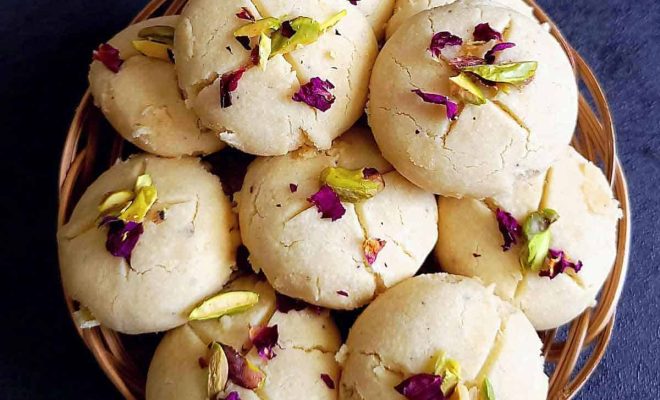
Flair Foodie
Artisanal Ramadan Treats: The Sweet Taste of Tradition
Ramadan, beyond its spiritual significance, holds a special place in the hearts of many for its culinary traditions. From the bustling markets of Cairo to the quiet lanes of Istanbul, the month-long fast is punctuated by the aroma of sizzling spices, the crackle of frying dough, and the sweet fragrance of artisanal sweets. These treats, meticulously crafted by skilled hands, not only tantalize the taste buds but also serve as a poignant reminder of the rich cultural heritage that defines Ramadan.
At the heart of this culinary journey lies the spirit of generosity and hospitality. It’s a time when neighbors exchange plates of homemade sweets, when families gather around lavish iftars (the meal to break the fast), and when the act of sharing becomes as nourishing as the food itself. Each bite of these artisanal treats is imbued with love, tradition, and a profound sense of community.
As we embark on this gastronomic adventure through the labyrinthine streets of Ramadan, let us explore some of the most cherished artisanal treats that grace the tables of Muslims during this holy month:
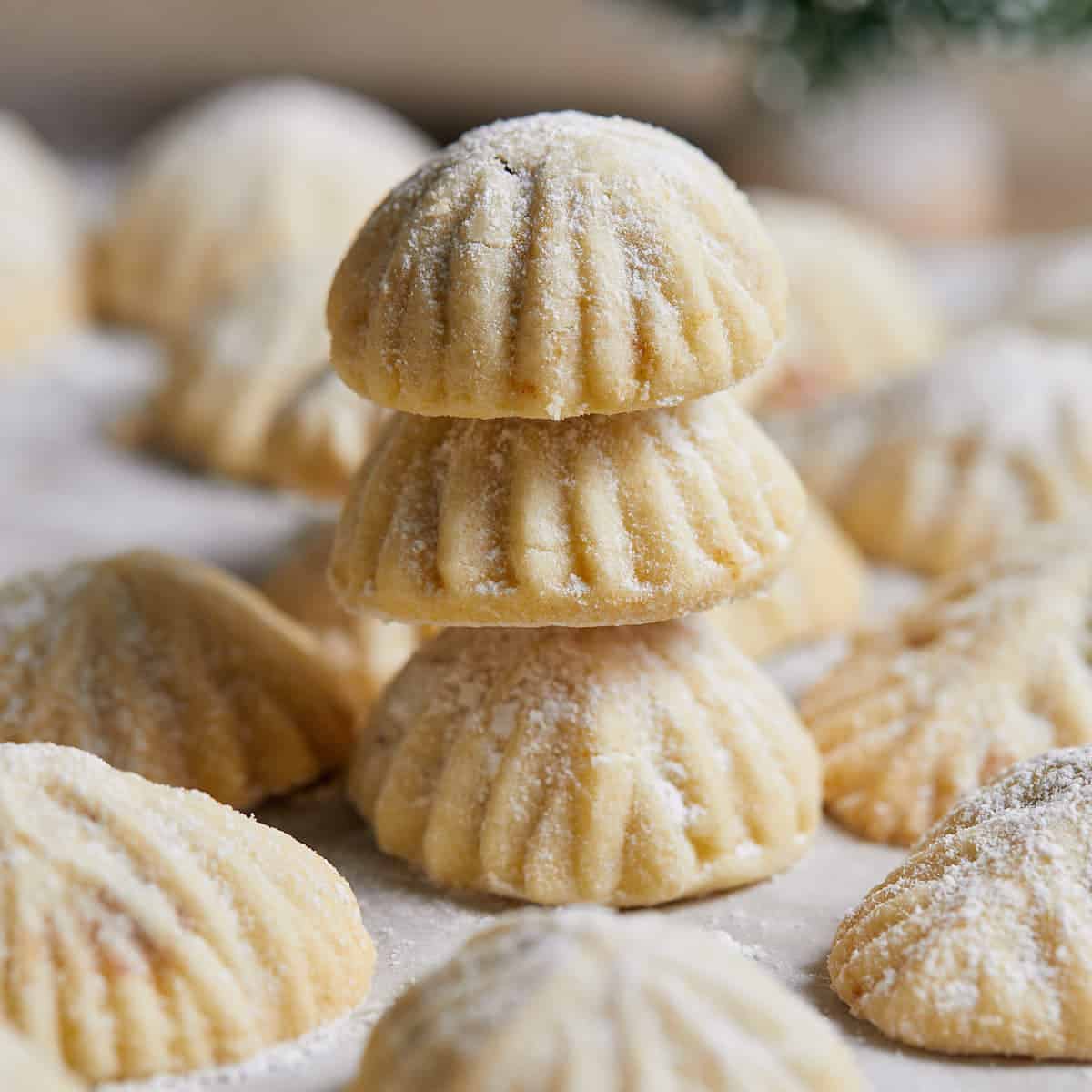
Maamoul: These delicate shortbread cookies, filled with dates, nuts, or sweetened semolina, are a staple of Ramadan across the Middle East. Their intricate designs, pressed into wooden molds passed down through generations, are a testament to the skill and artistry of the bakers who create them.
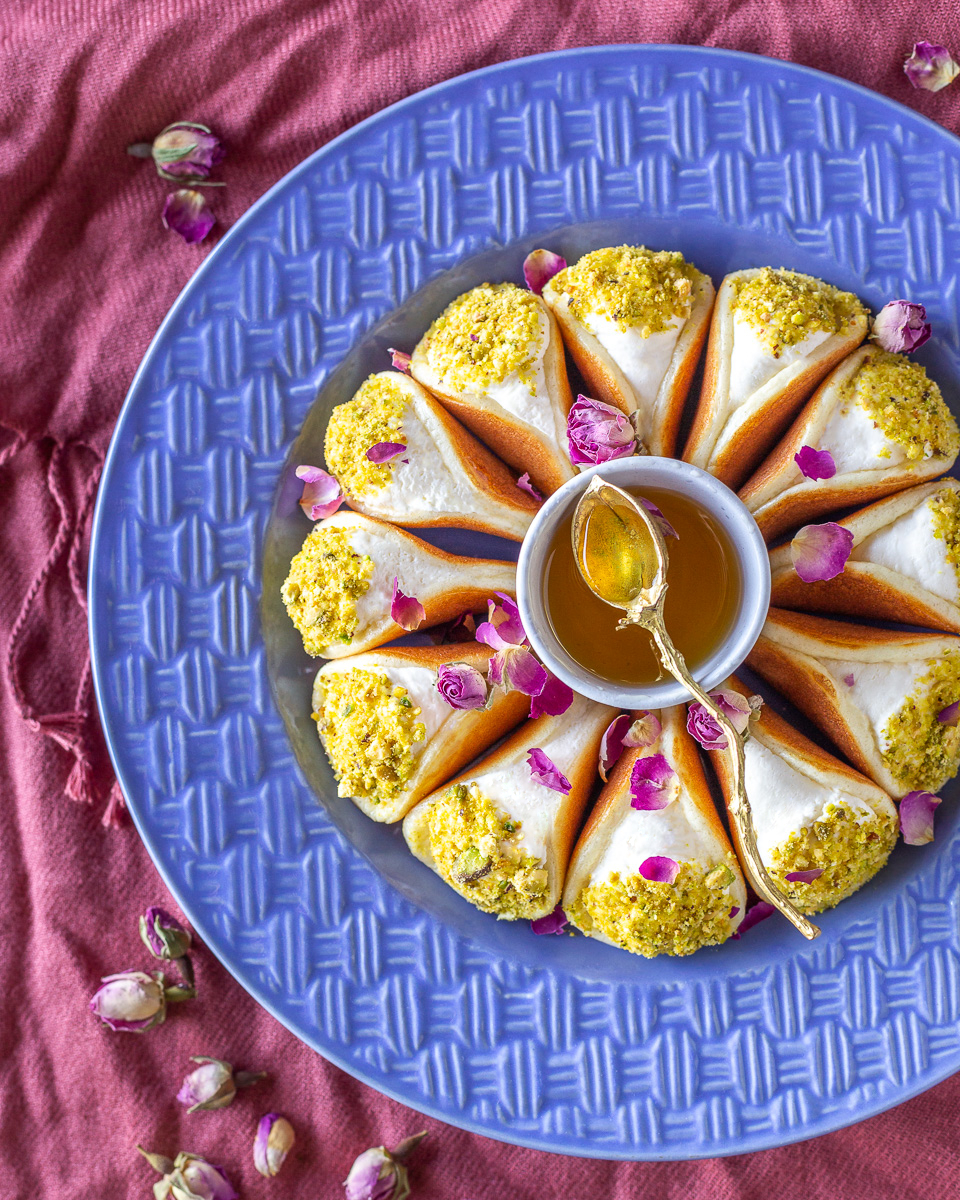
Qatayef: These delectable stuffed pancakes are a favorite across the world. Made from a batter of flour, yeast, and milk, qatayef are filled with sweet cheese, nuts, or a creamy custard, then fried to golden perfection and drizzled with fragrant syrup.
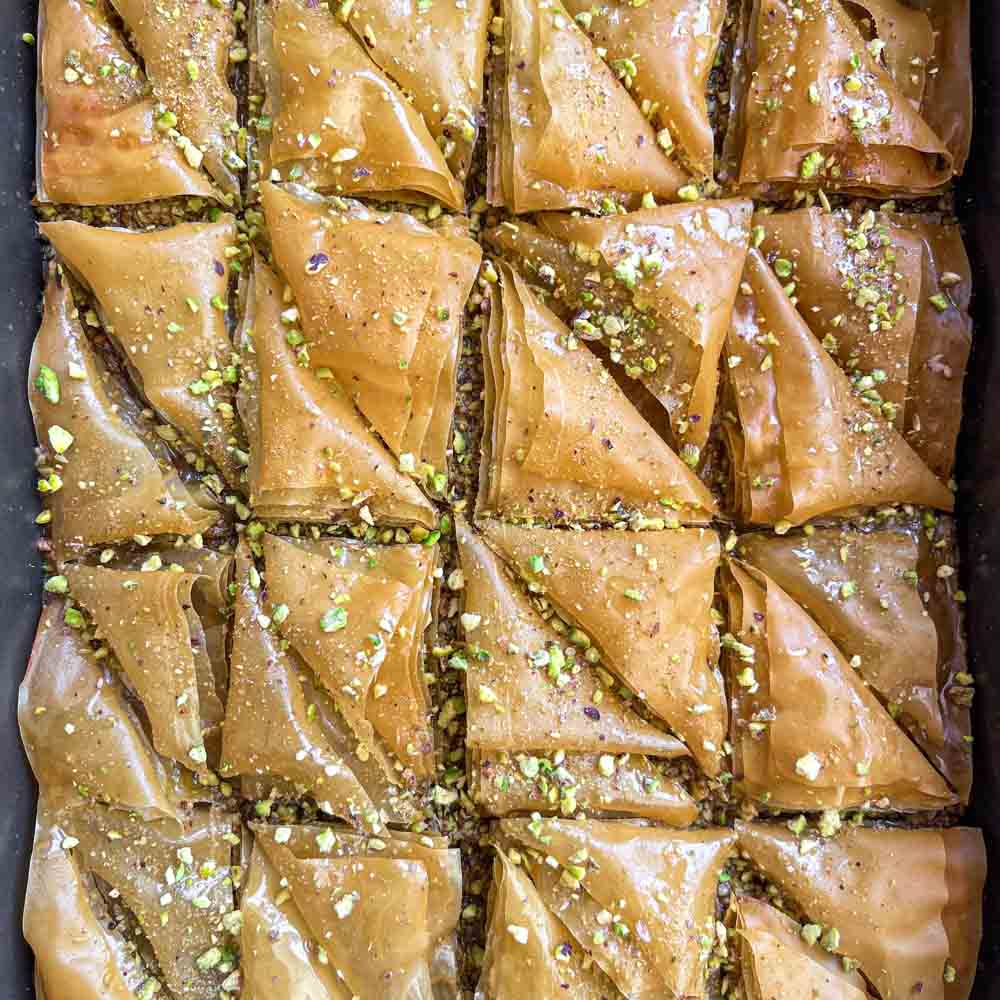
Baklava: Layers of paper-thin phyllo dough, filled with chopped nuts and sweetened with honey or syrup, make baklava a decadent treat beloved during Ramadan in Turkey, Greece, and beyond. Each crunchy bite is a symphony of flavors and textures, evoking memories of festive gatherings and joyous celebrations.
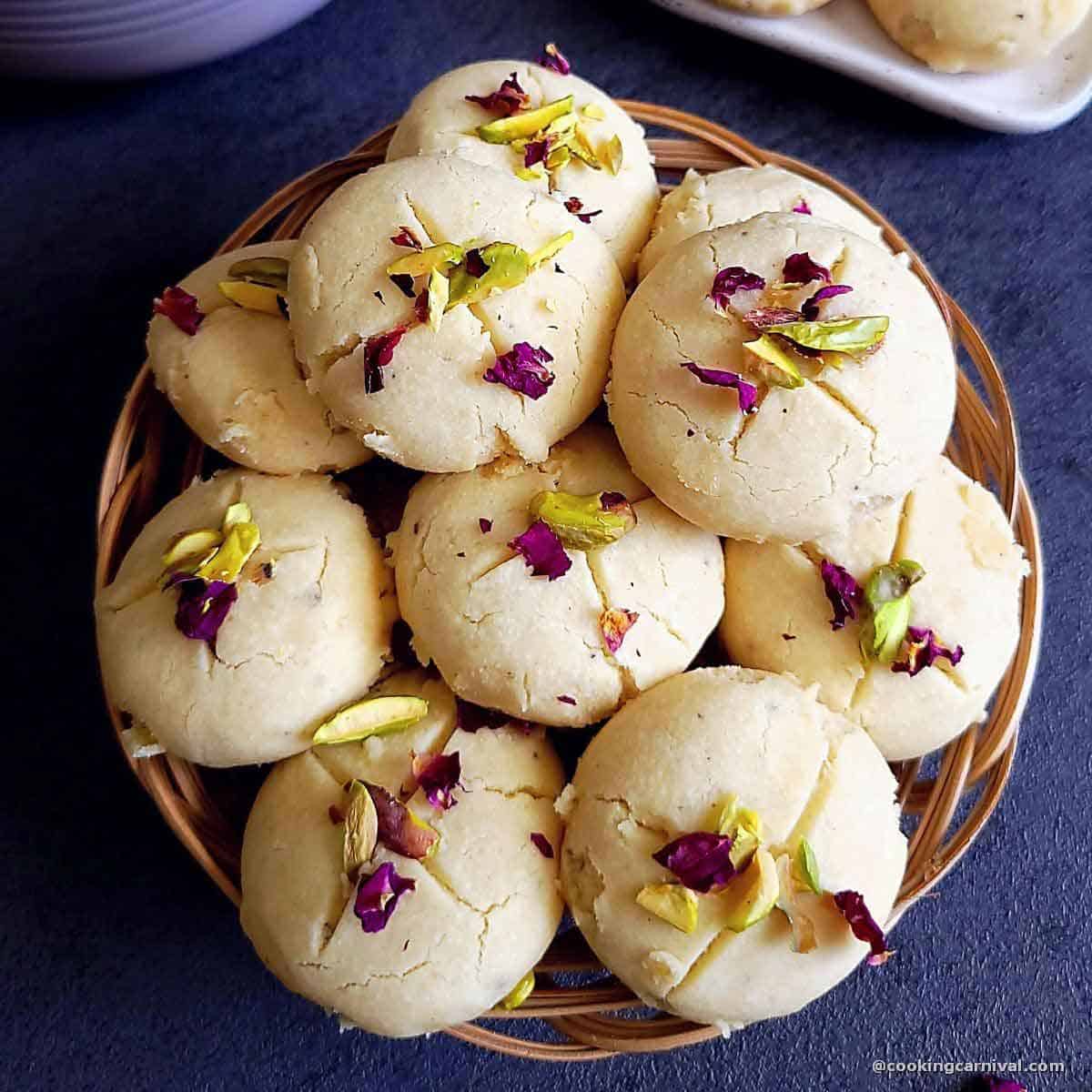
Nan Khatai: These buttery shortbread cookies, flavored with cardamom and adorned with almonds or pistachios, are a beloved treat during Ramadan in South Asia. Their melt-in-your-mouth texture and delicate sweetness make them an irresistible accompaniment to a cup of hot chai.
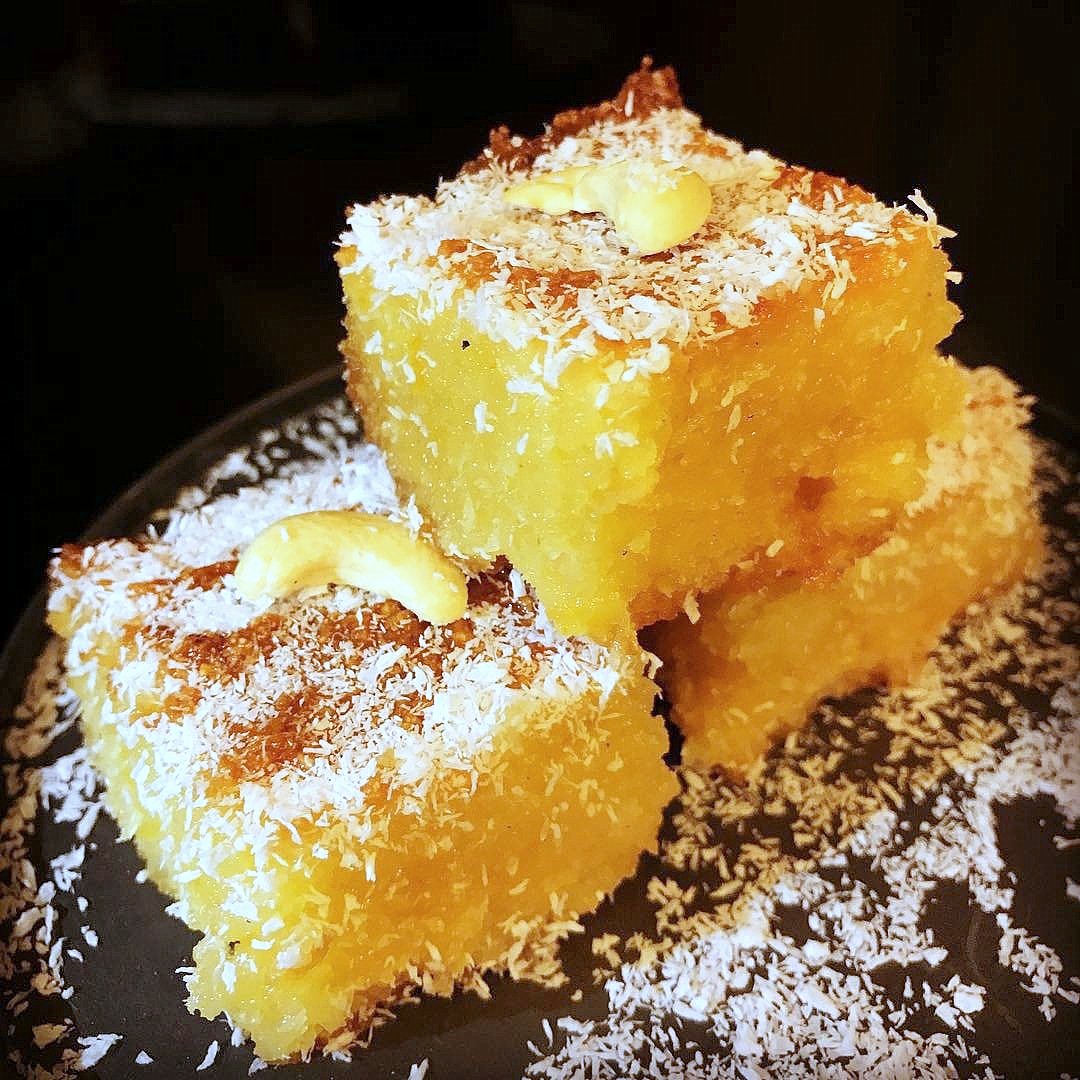
Basbousa: Also known as hareeseh, basbousa is a semolina cake soaked in sweet syrup, often flavored with rose water or orange blossom water. This moist and fragrant dessert is a comforting end to any iftar feast.
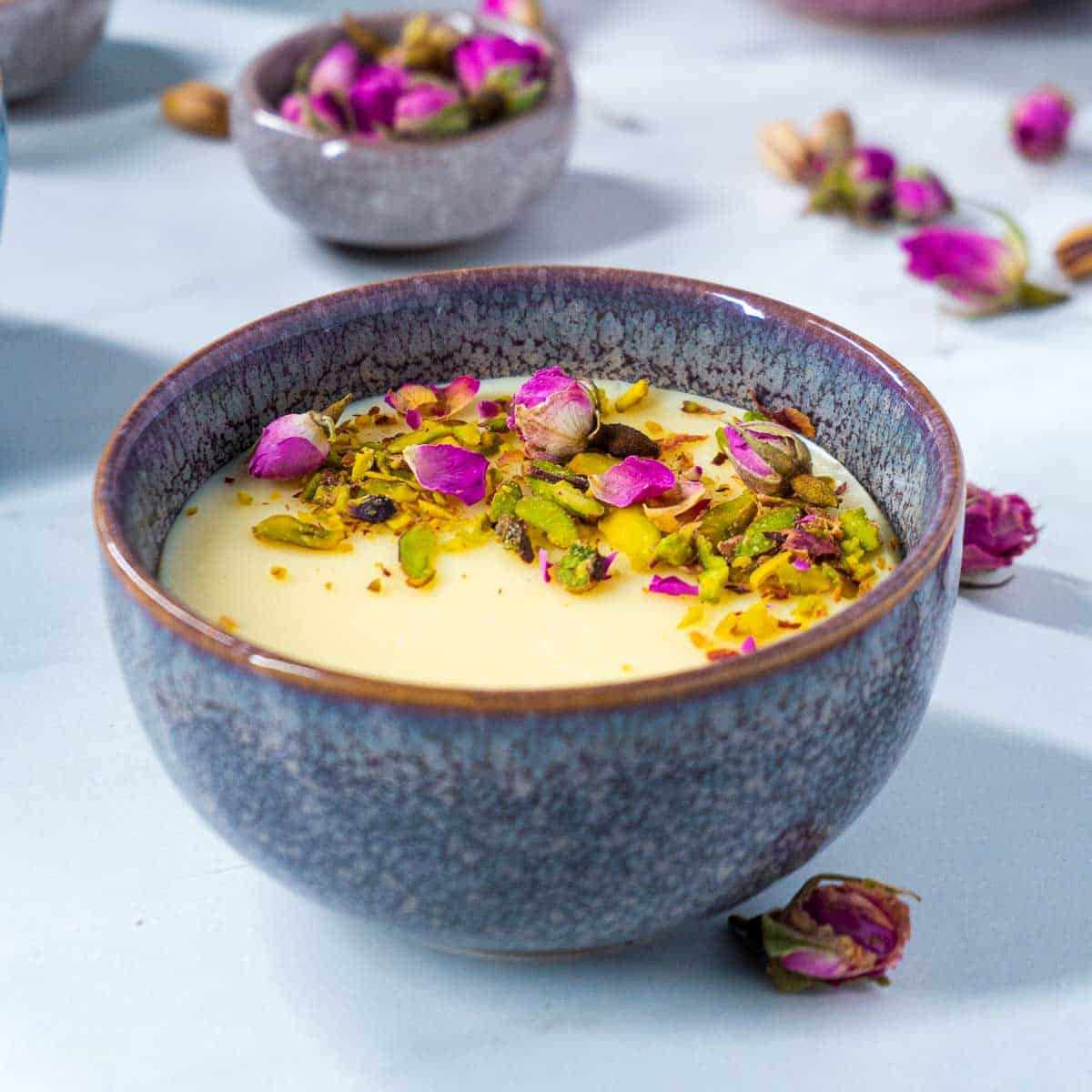
Mahalabia: This creamy milk pudding, flavored with rose water or orange blossom water, is a refreshing and light dessert enjoyed throughout the Middle East. Topped with a sprinkle of crushed pistachios or a swirl of honey, mahalabia is the perfect way to end a rich and indulgent meal.
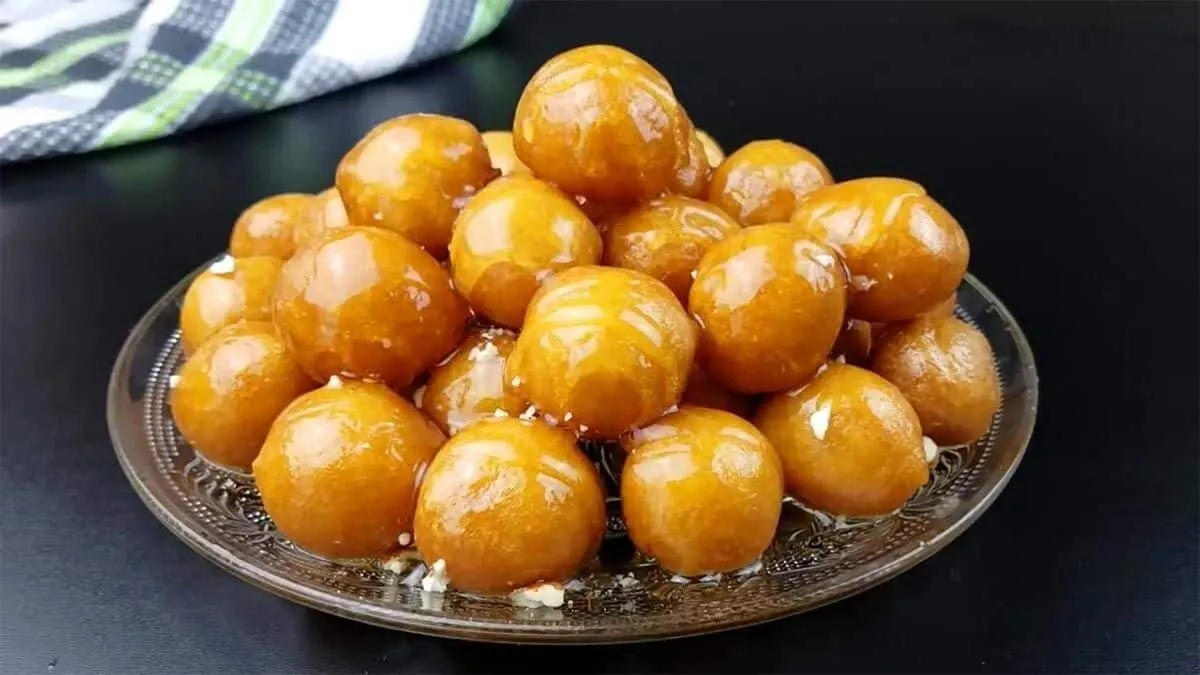
Zalabya: Also known as zalabia or luqaimat, these golden-fried dough balls are soaked in sweet syrup, making them irresistibly crispy on the outside and soft on the inside. Zalabya is often enjoyed as a festive street food, served piping hot and dusted with powdered sugar or cinnamon.
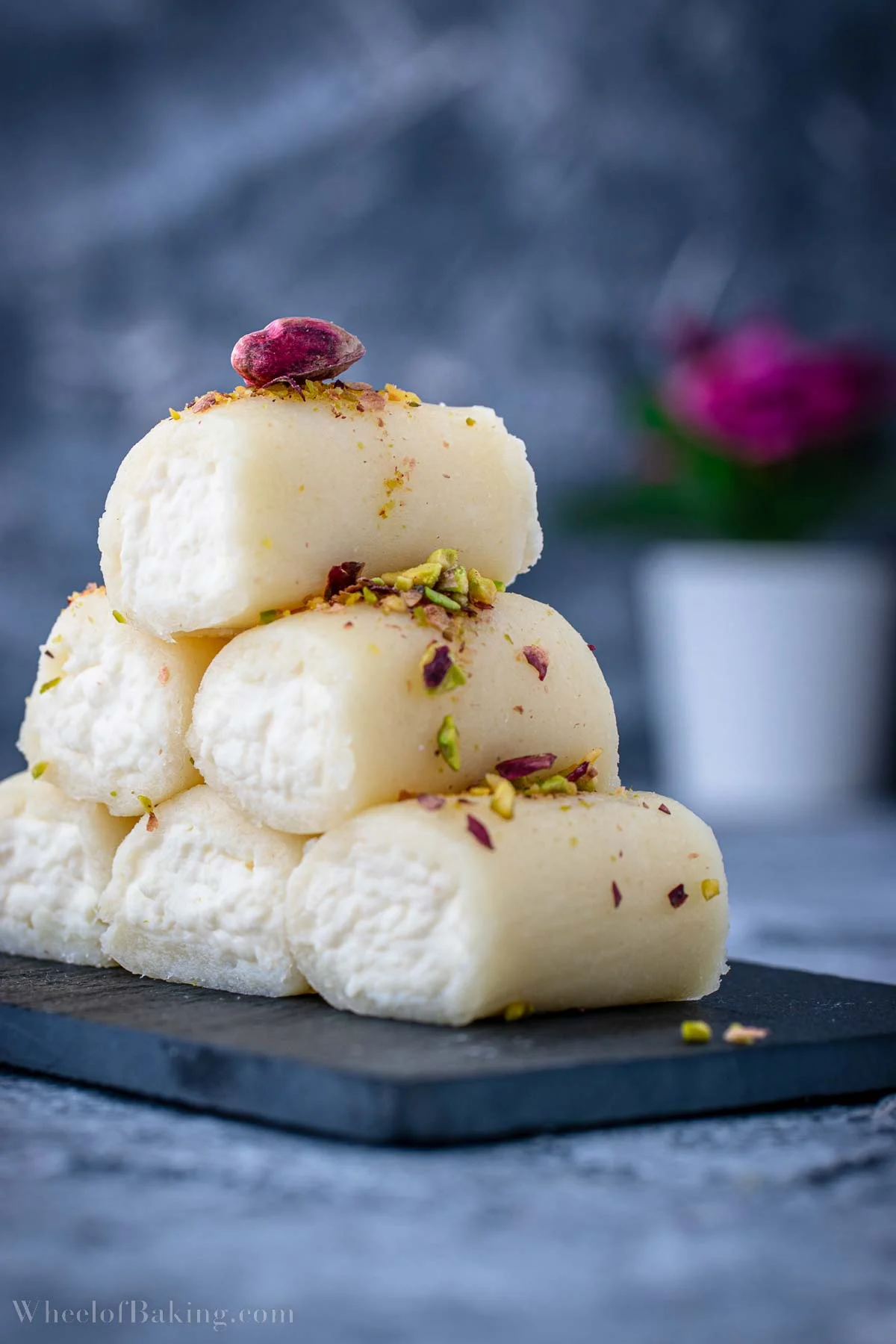
Halawet el-Jibn: Translating to “sweet cheese rolls,” halawet el-jibn is a delicate dessert made from a layer of stretchy cheese dough wrapped around a sweetened cream filling, then drizzled with fragrant syrup and garnished with pistachios. Originating from Lebanon and Syria, these elegant rolls are a favorite indulgence during Ramadan and special occasions alike.










0 comments